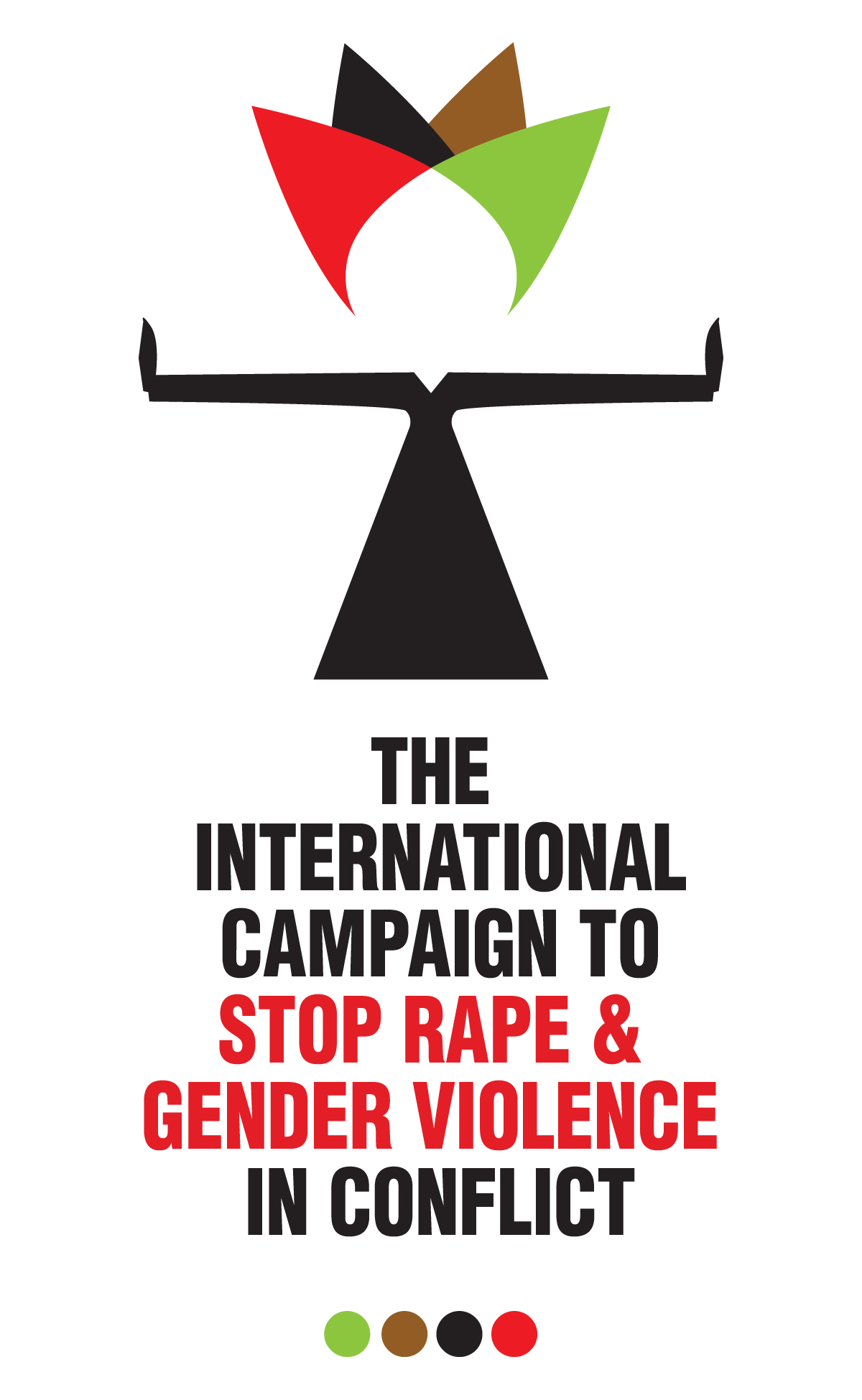 Rape and violence against women is just as much a part of conflict around the world as guns and bombs - and a new international campaign wants to illuminate that fact and change it. Last year, thirty-seven armed conflicts took place around the globe with the nine deadliest resulting in more than 55,000 casualties. And although the issue receives negligible media coverage and little public attention here in the U.S., gender violence and conflict-related rape are commonly used in these wars as a tactical weapon by armed groups and state security forces.
Rape and violence against women is just as much a part of conflict around the world as guns and bombs - and a new international campaign wants to illuminate that fact and change it. Last year, thirty-seven armed conflicts took place around the globe with the nine deadliest resulting in more than 55,000 casualties. And although the issue receives negligible media coverage and little public attention here in the U.S., gender violence and conflict-related rape are commonly used in these wars as a tactical weapon by armed groups and state security forces.
Widespread sexual violence in the Democratic Republic of Congo (DRC) has earned it the title of “rape capital of the world.” According to research published in the American Journal of Public Health, more than 400,000 woman living in the DRC were raped between 2006 and 2007. That’s equivalent to 1,152 women being raped every day, 48 women raped every hour, or four women raped every five minutes.
It doesn't have to be this way. Rape is not an inevitable part of armed conflict, says a coalition that's using NationBuilder to tackle the issue worldwide.
Noble Peace Laureates lead the way
The International Campaign to Stop Gender Violence and Rape in Conflict was created in response to a summit on gender violence in conflict convened by the Nobel Women’s Initiative. “It’s the first ever global collaboration between Nobel Peace Laureates, international advocacy organizations, and groups working at the regional and community levels in conflict areas to stop rape,” said Zuzia Danielski, who serves as Communications Consultant for the campaign.
The campaign is led by an advisory committee of 25 organizations from all over the world working to defend women’s rights and address the reality of sexual violence. The unique committee includes groups operating at the international, regional, and community levels. “Every one of our advisory committee organizations brings something different to the campaign and plays a very specific role in moving it forward,” said Danielski. “It’s important to have community groups as well as international organizations working together.”
The campaign coordinates action among the committee organizations. “There were all of these organizations and individuals doing amazing work in defense of women’s rights and to stop gender violence but there was a need for coordinated action between them,” said Zuzia.
The campaign’s main goals are driving awareness, gathering support, lobbying officials to enact stronger legislation, and ensuring existing laws are being enforced. “Right now we are focusing on four countries - Burma, The Democratic Republic of Congo, Kenya and Colombia,” said Zuzia. “We’ve identified these areas as places where, if we can come together with coordinated action, we can make a difference.”
Using NationBuilder to stop gender violence
In May, the campaign launched online using NationBuilder. Zuzia and her team were looking for a web platform and database solution that was flexible so it could change and grow with their new organization. “The fact that social media was so integrated into our website was also an important selling point for us because we have an international audience to communicate with," she said.
Although the campaign is its very early stages, Danielski is already able to recognize how they can use NationBuilder for initiatives that are in the works. “I can see how it will grow with us because we are a new campaign. There is a lot of potential for online engagement, especially for the campaigns we want to run in different countries. It’s exciting to see how much we’ll be able to do with it.”
Right after their launch, the campaign used NationBuilder to achieve an early victory for their cause. The group supported a motion in Canada’s House of Commons to make the country a leader in ending sexual violence in conflict worldwide. It was carried by the New Democratic Party's Paul Dewar.
How you can get involved
To support the campaign and do your part to end sexual violence in conflict, visit www.stoprapeinconflict.org and take the pledge. You can share a personal pledge of action that you commit to take within your community.
You can also encourage others to join the campaign by sharing your pledge with friends on social media using the hashtag #IPLEDGE.